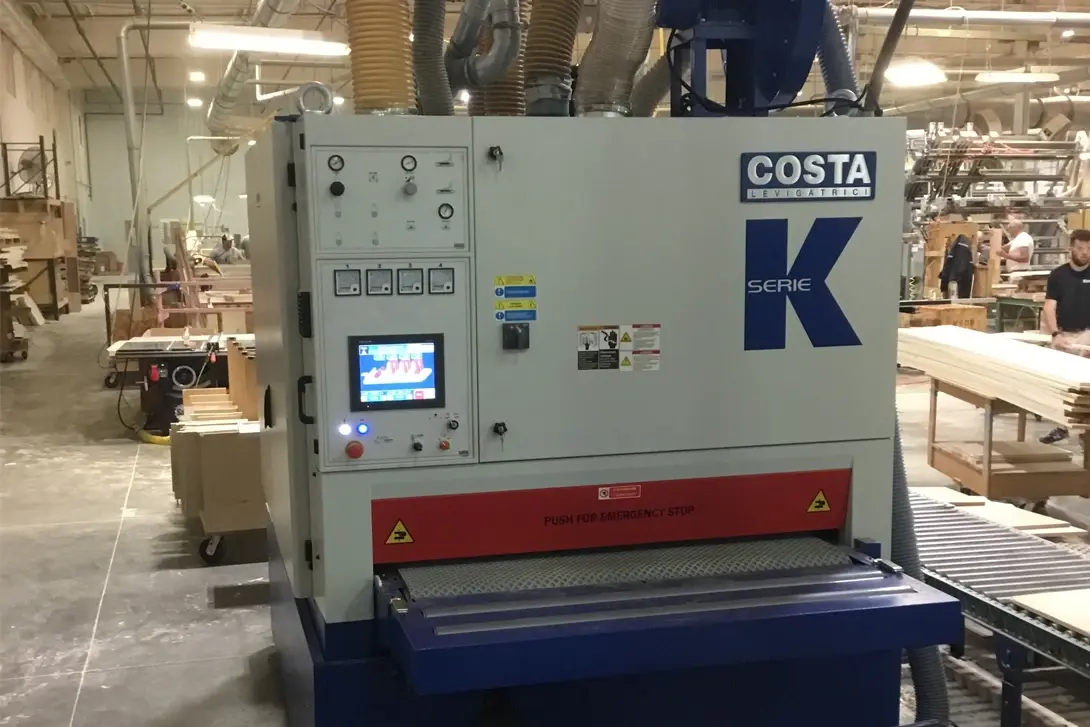More and more companies are automating and are experiencing big operational improvements.
Many young businesses have started with simple out-of-the-box accounting software as it was the simplest option for their new or small business. As operations grow, these businesses typically add a variety of separate software tools to accommodate their expanding needs. Now many are finding that using these isolated software tools quickly leaves their operations fragmented and disjointed. Frustrations increase as decision-makers are unable to produce the reports they need, staff gets bogged down in data entry, and managers have to navigate multiple systems to accomplish daily tasks.
Automation is quickly becoming the standard. Many companies are switching to a comprehensive ERP (Enterprise Resource Planning) system. These systems are built to manage not only financials but all assets and operations of the business. By using ERP, companies normally see big improvements in these areas:
Efficiency
Data is centralized across all processes including accounting and financial transactions, supplier and inventory management, manufacturing and distribution operations, and labor and job tracking. With all data housed in one system, you can automate workflows, eliminate duplicate entries, and remove unnecessary steps.
Accuracy
Whether purchasing inventory, creating orders, pulling reports, or recording payments, ERP software improves the accurate and complete flow of data. Data moves seamlessly through all operations reducing loopholes of error and giving an accurate view of the company. This correct and complete data allows you to make realistic estimates and more effective forecasts.
Customer Service
Quick access to customer information and history is essential to supporting a strong service environment. As the tasks and details grow, organizing all processes into one centralized database allows service reps to respond quickly. ERP also provides tools to integrate with your website to provide online sales and service options.
Visibility and Decision Making
Centralized and accurate data makes it easier for department and business leaders to stay on top of what is happening. A wealth of operational and financial reports enable you to make fact-based decisions.
Flexibility
As a company expands, it's important to automate repetitive processes so that your team can complete their work quickly and efficiently. ERP feature sets are designed to manage more complex processes such as inventory control, work orders, labor, manufacturing, job costing, and rentals. We realize that the demands on a business can vary greatly depending on what industry you're serving, which is why we offer industry-specific and flexible ERP solutions to meet the individualized needs of your growing business.
Many of our existing clients have moved from small financial software to our ERP software, EBMS. EBMS aligns your processes so that you can access the information you need easily, get the work done quickly, and enjoy your business again.
Want to know how what it would look like to use ERP in your company?
Reach out to us for a free needs analysis and a personalized demo.

Brian Esh is a Sales Consultant at Koble who is passionate about following Jesus and helping small businesses grow. Brian has spent nearly a decade working with numerous business leaders to facilitate growth by putting software to work. When not working, Brian enjoys competitive sports and spending time with his wonderful wife and two children.






